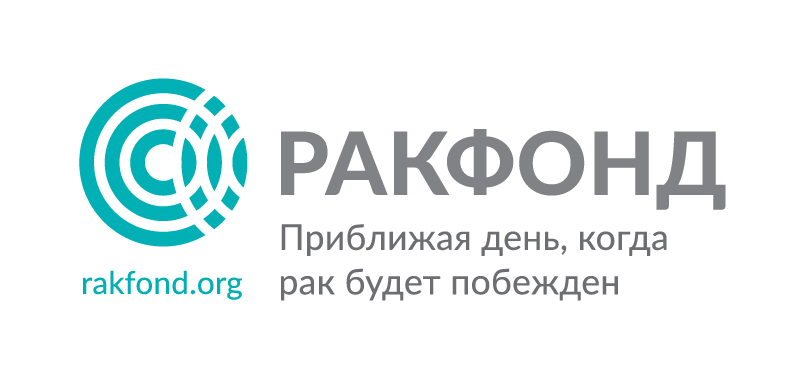MARIYA STEPANOVA: END OF THE YEAR SUMMARY
Grantee of the first joint RUSSCO-RakFond competition among young oncologists Mariya Stepanova shares her results and impressions of the 2018 research year as well as her future plans.
Please tell us about your research and what goals you have met in 2018.
– 2018 was significant for me as I participated in a grant competition for the first time. Thanks to RakFond’s support, we tried to set up in our center a diagnostic platform to detect EGFR C797S mutation in liquid biopsy by rtPCR. During this time, we enrolled patients with resistance mutation T790M after the first generation TKIs progression in the first line of the treatment. We managed to recruit patients and analyzed the first samples.
What was outstanding in 2018 research year?
– 2018 was interesting in terms of scientific news. One of the latest studies IMpower150 in patients with non-squamous lung cancer. The main idea of the study was to answer the question of how much we could improve the results of chemotherapy in combination with bevacizumab in case atezolizumab is used instead of bevacizumab, or the combination of atezolizumab and bevacizumab is used. The study enrolled chemotherapy-naive patients with stage IV non-squamous lung cancer, with no reference to PD-L1 expression level, who had no contraindications to bevacizumab administration. Enrolling patients with brain metastases was allowed after local treatment with stabilization. Moreover, patients with EGFR mutation or ALK translocation could be included in case of progression after the first-line treatment with tyrosine kinase inhibitors (TKI). All patients received treatment with carboplatin AUC×6, paclitaxel 200 mg/m<sup>2</sup> and bevacizumab 15 mg/kg every 3 weeks for 4-6 courses. The control group further continued bevacizumab until progression or intolerable toxicity. Patients in the investigational group received additionally atezolizumab at the dose of 1200 mg every 3 weeks, as well as atezolizumab and bevacizumab maintenance therapy after chemotherapy. In case of progression, patients in the control group were not allowed to receive pembrolizumab. The main efficacy endpoint was time to progression in the patient population without EGFR mutation or ALK translocation in tumor cells. The study enrolled 800 patients with the median age of 63 years old, predominantly male (60%), with EGFR mutation in 80 (10%) and ALK translocation in 34 (4%) patients. At the median follow-up of 9.5 months, the median time to progression was increased from 6.8 months in the chemotherapy plus bevacizumab group to 8.3 months in the chemotherapy plus bevacizumab plus atezolizumab group, which corresponds to a 38% decrease of relative risk of progression.
What are your plans and expectations in 2019?
– In the upcoming year, we hope to complete the study and to continue working on further research of molecular alterations in lung cancer, as the resistance to the third-generation TKI development depends not only on C797S mutation mechanism.

